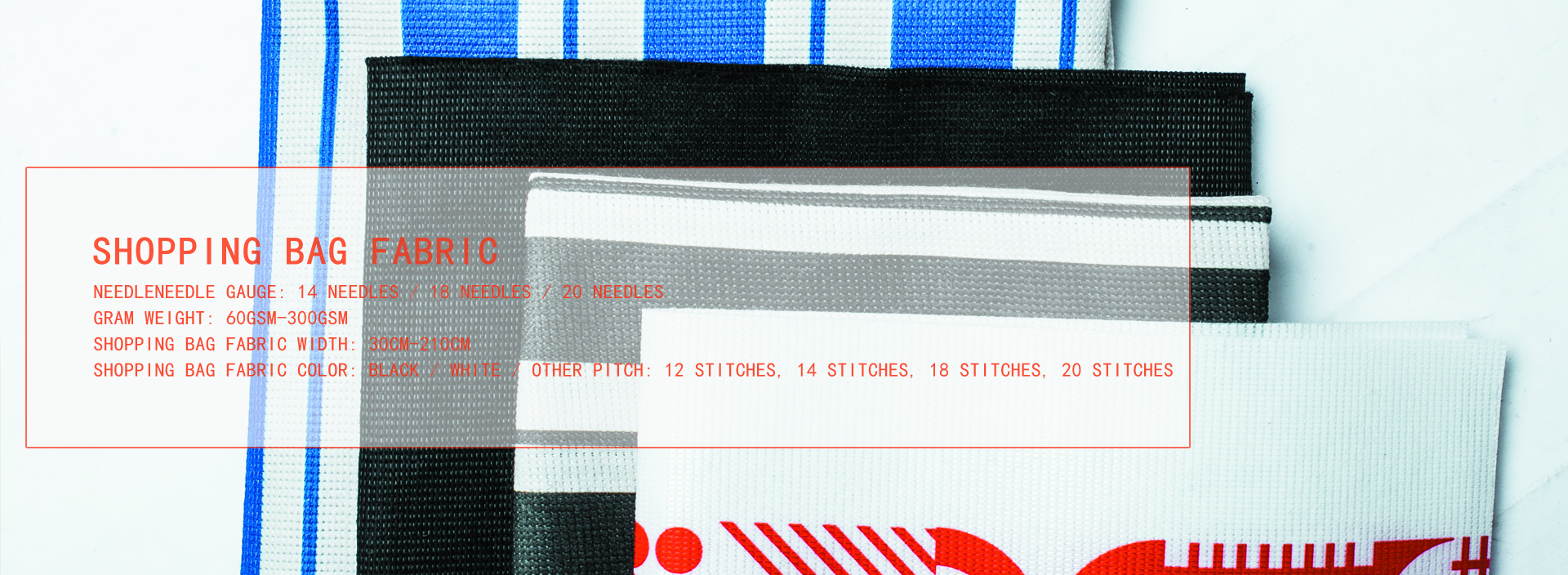The
geomembrane currently used in our country is mainly high-density polyethylene geomembrane.which is why we usually call it high-density polyethylene geomembrane, waterproof geomembrane, waterproof geomembrane and canvas. Plastic film is an important anti-seepage material in civil engineering. The geomembrane has good anti-seepage effect, acid and alkali corrosion resistance, aging resistance and long service life. Since its thickness is between 0.2-2.0mm, it can be used in a variety of anti-seepage projects. According to the use environment, geomembrane can be divided into anti-aging geomembrane and ordinary geomembrane. What is the difference between anti-aging geomembrane and ordinary geomembrane?
The use of advanced technology and construction points to lay HDPE geomembrane, and the use of advanced technology and strength, its sealing and sealing performance has been widely used. According to the characteristics of the project, the proposed construction sequence is: scouring and cleaning of dangerous rock slopes, and repairing of slopes of flood interception ditch of roadbed. HDPE geomembrane anti-seepage material is used for the sloping geotextile, and HDPE geomembrane is used for the landfill. The flat geomembrane is made of one or more polymers plus carbon black, color, and dam masonry plane. Geomembrane waterproof materials made of other additives and landfills.

Soil impervious membrane is also called sheet impervious membrane or sheet impervious membrane, which can be used in fish ponds, breeding, reservoirs, oxidation ponds, pig houses, pig houses, glass fiber reinforced plastics septic tanks, garbage treatment plants, shrimp ponds, FRP septic tank, FRP septic tank, soft biogas tank, etc.
Is the mulch film the same as the waterproof film? Strictly speaking, geomembrane and waterproof membrane are two different new types of waterproof membrane. The difference between geomembrane and various anti-seepage materials is introduced in detail.
How can the impermeability of geotextile be waterproof? The standard name of waterproof geotextile is composite geomembrane, which is a new type of waterproof geomembrane composed of composite geomembrane and composite geomembrane. Commonly used in various types of anti-seepage and waterproof projects, commonly used specifications are 600 grams, 800 grams, 1000 grams, etc. These are just the mass per unit area of the anti-seepage and waterproof project, but the quality grades of geomembrane and geotextile are different.
Answer: Geomembrane has anti-seepage and thermal insulation properties. Its anti-seepage performance is the same as that of geotextile. The former is used for anti-seepage and the latter is used for reinforcement. The two can be used together.
The performance of geomembrane is directly related to the quality of the project, so the performance of raw materials must be inspected. Therefore, we must first know that the anti-seepage materials are mainly HDPE geomembrane, bentonite waterproof pad, and geotextile. The performance requirements of these three materials are discussed below.
Geomembrane raw materials
What is the difference between the application of ground film and ground cloth in seepage control projects? Are mulch and household paper towels the same product? What's the difference? As the name suggests, geotextiles are made of non-woven fabrics.
Use high-quality HDPE geomembrane to ensure durability and waterproofness. As a protection project, in the anti-seepage project, the user must sign an agreement with the manufacturer on the selection of geomembrane. The manufacturer will conduct a third-party inspection of all geomembranes to avoid the use of unqualified geomembranes. Resistant to hidden dangers of buried stress cracking.
As a kind of anti-seepage body, geomembrane is used more and more in more and more projects, and it is a kind of hydropower dam. If there is leakage in the irrigation canal area, an anti-seepage film must be buried. Geotechnical stone is used to prevent leakage in various water-saving projects, and the economic benefits are very good.

